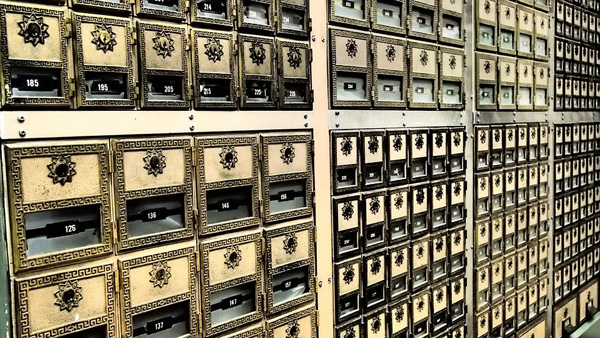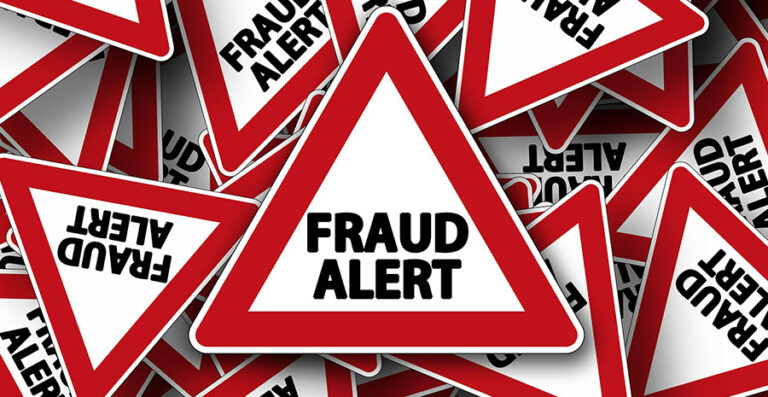Over 25 million people in the United States currently have a safe deposit box with a bank or credit union to store valuables, important documents, and sometimes even cash. Are your belongings in these historical “safe-havens” really that safe though?
A recent article in the New York Times highlights several horror stories of lost and stolen items in safe deposit boxes. Philip Poniz of Edison, New Jersey rented his first box in the early 1980s to store his prized collection of rare watches. Over the years, he opened several more boxes as his collection grew. In 2014, Poniz opened one of the boxes to find it empty. Devastated, he began researching what could have happened to his belongings and eventually discovered that the bank mistakenly removed his box and shipped its contents to a storage facility in North Carolina. While Poniz was eventually able to retrieve some of the items, he lost over $10 million in valuables, making this event one of the largest safe-deposit losses in history.
Although Poniz’ story is an extreme case, it is not unique. In the past five years, there have been 44 cases of robberies related to safe deposit boxes and even more cases in which banks moved, misplaced, or closed boxes by mistake.
What are the problems with safe deposit boxes?
- Belongings inside the box are not insured by the institution nor the government. According to the FDIC, only the money in insured checking, savings, CDs, and money market accounts is insured. If you want protection for your valuables in these boxes, it would need to be done through an insurance agency.
- Banks often neglect them. Safe deposit boxes are typically viewed by banks as a legacy service since they have very low profits and are complicated to maintain. Because of this, most institutions put very little focus or resources into them.
- In terms of the law, banks have the upper hand. Even if the bank is held accountable for lost items, they have very restrictive terms on liabilities. Wells Fargo, for example, limits its liability at just $500.
What can you do to keep your belongings safe?
- Never store cash. Not only does physical cash decrease purchasing power due to its inability to accrue interest, but it also makes your box a prime target for a possible robbery.
- For valuable documents such as deeds, titles, and certificates, as well as other small items, consider using a high-quality home safe. Otherwise, you should scan and take pictures of your belongings and store them in a “virtual-safe” online.
- Tell your insurance company about your box. Many companies will offer coverage on your belongings at a reasonable rate.
Most importantly, understand your bank’s policies for safe deposit boxes before you store your valuables.



